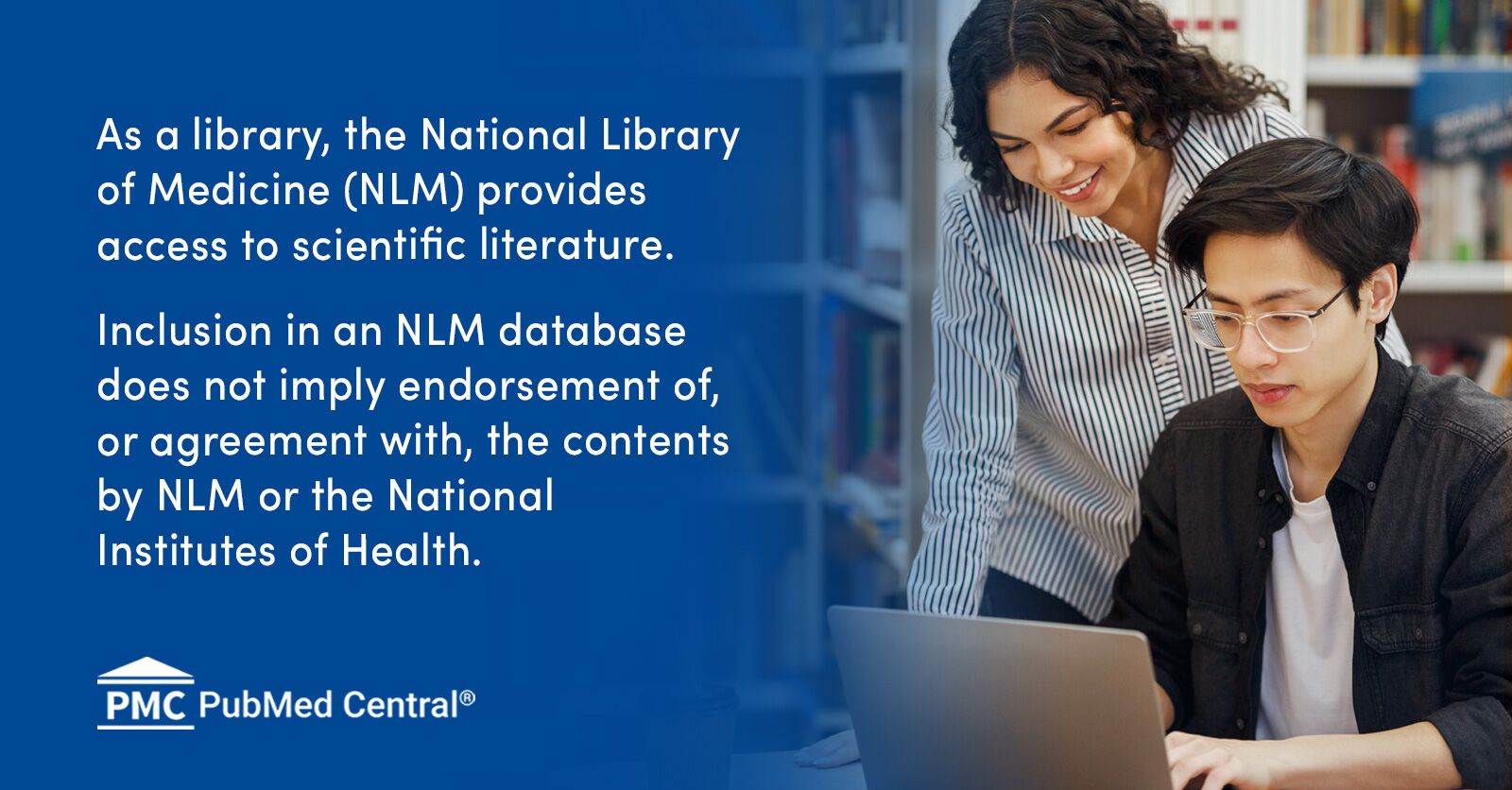

Looks like this drug has multiple on going trials. Here is a phase II/III trial ongoing that’s probably the direct successor to the trial in the article. It’s currently recruiting, they expect to be done some time in 2025.
https://classic.clinicaltrials.gov/ct2/show/NCT05723562
Clinicaltrials.gov makes it really easy to find pretty much any trial.



























Lucille: How’s my son? Doctor: He’s going to be all right. Lindsay Funke: Finally some good news from this guy. Doctor: That’s a great attitude. I got to tell you, if I was getting this news, I don’t know that I’d take it this well. Lucille: But you said he was all right. Doctor: Yes, he’s lost his left hand. So he’s going to be “all right.” Lucille: [Jumping on the doctor] You son of a removed! I hate this doctor!
My favorite running gag, love the literal doctor